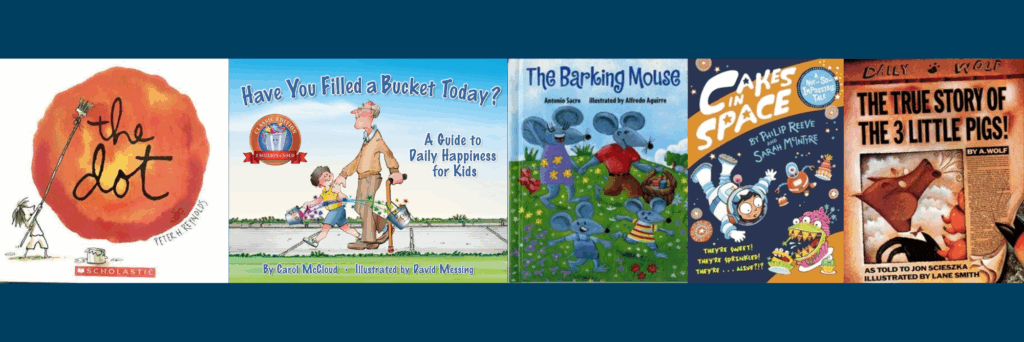June 15, 2020 / Esther Choy

This article originally appeared on Forbes.com.
A few years ago, a colleague of mine told me she and her husband needed to move to another apartment. “Okay,” I thought, “such is life.” I had no idea the ordeal that she actually went through until recently when we were chatting about non-work-related topics. “Esther, remember a few years ago, my husband and I got kicked out of our apartment?”
Kicked out? She had my attention. I didn’t recall her being kicked out at all. She proceeded to tell me what happened, and after we talked, I thought to myself, “Thank goodness I followed some advice I recently heard from Nicholas Epley.”
Epley, a behavioral science professor at the University of Chicago Booth School of Business, found in his research on social interactions that people tend to undervalue how positively their attempts to reach out to others will be perceived.
This is despite the fact that social connection is ranked among the top five must-haves in living a happy life! If we hesitate to reach out to others, we diminish our own happiness.
For instance, have you ever been about to dash off an email expressing gratitude, but then you find your fingers pausing, hovering over the keyboard as you wonder, “will they actually want to get this thank you email? What if they think it’s awkward?”
If you’ve questioned the value of expressing gratitude, you’re not alone. Epley and fellow researcher Amit Kumar found that people generally failed to anticipate how deeply the recipients would appreciate expressions of gratitude.
It’s the same with many social interactions.
We try to predict how well the interaction will go, rather than believing it’s the thought that counts. We expect perfection of ourselves rather than trusting that people will focus on our warmth. Focusing on how well or poorly the interaction will go prevents us from reaching out to our friends and family, acquaintances and strangers, old pals and colleagues.
During the pandemic, social connection is even harder than ever—and matters more than ever since our interactions are fewer and farther between. It’s more important than ever to trust that others will see the warmth behind our actions so that we can bond with them.
You know what’s even better? Collecting stories. When you create a curious and respectful space for others to tell their stories, you multiply your impact. Here’s how…
5 Great Questions for Collecting Stories
Storytelling can strengthen our social connections, especially if we are helping others find their own stories. We can help them do that through a story collecting exercise. Start by simply asking friends and colleagues story prompting questions.
Here are five great questions to start collecting stories.
- What is one story your family likes to tell about you?
- Who has been very influential in your work life? How so?
- Can you tell me about a time someone supported you in a meaningful way?
- What does your name mean?
- Who was one of the best bosses you ever had?
Applying the Story Collecting Questions
So what happened to my colleague after she got kicked out of her apartment? Here’s how she told her story. It answers story collecting prompt number three.
When my husband and I had lived in our suburban apartment for about six months, we found a note Scotch-taped to our door. It said a new management company had purchased the property. Our apartment—one of the oldest, cheapest units on the property—was due for an upgrade and we were doomed to relocate.
Soon after we found out, my parents came to visit. We took them to all of the places we loved in our neighborhood, knowing it might be our last chance. My parents and I had worked hard to establish an adult relationship in my early twenties, so by that time, when I was in my mid-thirties, they rarely gave unsolicited advice. But a few days into our trip, we drove an hour south to Fort Lauderdale to show them the seminary my husband was commuting to a few days a week. At that point, my dad told us: “You should move to Fort Lauderdale. It’ll simplify your life.” I tried to picture living in the ugly South Florida city amongst space age architecture and strip malls. I couldn’t do it. I didn’t want to move there.
But after our apartment complex kicked us out, we did regain our footing in Fort Lauderdale. We quickly made friends in our new neighborhood, and I loved how living in the city meant living about five minutes away from many of these friends. The move has simplified my life, helped me find my city-person self again, and made me grateful for my support systems while connecting me with new ones.
Reflecting on this story has renewed my colleague’s appreciation for her parents and for the support systems she has in place in Florida. And when people ask, “how did you end up in Fort Lauderdale?” she can start with an intriguing beginning—“I got kicked out of my apartment!”
Guidelines For Collecting Stories
1. Share the “why.”
Tell the storyteller why you want to hear their story. If the teller is busy, they may not want to make time unless they’re sure you have a clear purpose. They may also want to assess whether that purpose fits their own priorities. So be honest about your goals.
2. Acknowledge the teller’s vulnerability.
Sharing a story can make the teller feel vulnerable. If you are asking someone to share a story in a professional or workplace setting, setting this time aside may buck workplace norms.
And beyond that, a story—even a business story—is personal. For instance, the story may involve a time the teller made a tough call. Or, the story may weave in facts about other people—facts the storyteller might not feel at liberty to share. Stories are not cut and dry, and part of the vulnerability of telling a story comes from fear of saying more than we intend and leaving things open to interpretation.
Don’t let any of this stop you from asking for stories, but do realize what you are asking. Showing respectful, encouraging curiosity goes a long way.
3. Realize it’s a two-way street.
The teller is going to get something out of the process, too: a chance to connect more deeply with another human, or perhaps even a chance to talk about a cause they believe in, or an opportunity to champion their team’s accomplishments.
If they seem to have an agenda that is very different from yours, or if they begin to veer toward too many tangents, redirect them. Try a warm but firm statement like: “I’d love to hear more, but I also want to know about…”
Your attention to the teller’s story will create stronger social bonds. It could help you make a valuable connection at a networking happy hour (whether a virtual one during the pandemic or an in-person one down the road). Storytelling could deepen your rapport with a coworker or even your boss, if you decide to ask them for stories. And it will also be good for the teller, who will have practiced this valuable persuasive skill in the safe space you create for them.
If you hear a really good story, ask if you can use it! See if the storyteller will let you share their story in your next presentation. This will create further social bonds— this time between you and a new audience hearing the story for the first time.
Related Articles
Be Less Awkward About Sharing Stories
This Is How Leaders Can Identify Good Stories
Want to become a pro at collecting stories? We can help. Schedule a complimentary working session with us. For more examples of the right stories to tell at the right time, sign up for our monthly guide. My book, Let the Story Do the Work (published by HarperCollins Leadership), is now available and serves as your business storytelling toolkit.
Better Every Story
Leadership Transformation through Storytelling
"This is an amazing and insightful post! I hadn’t thought of that so you broadened my perspective. I always appreciate your insight!" - Dan B.
Get Esther Choy’s insights, best practices and examples of great storytelling to your inbox each month.


